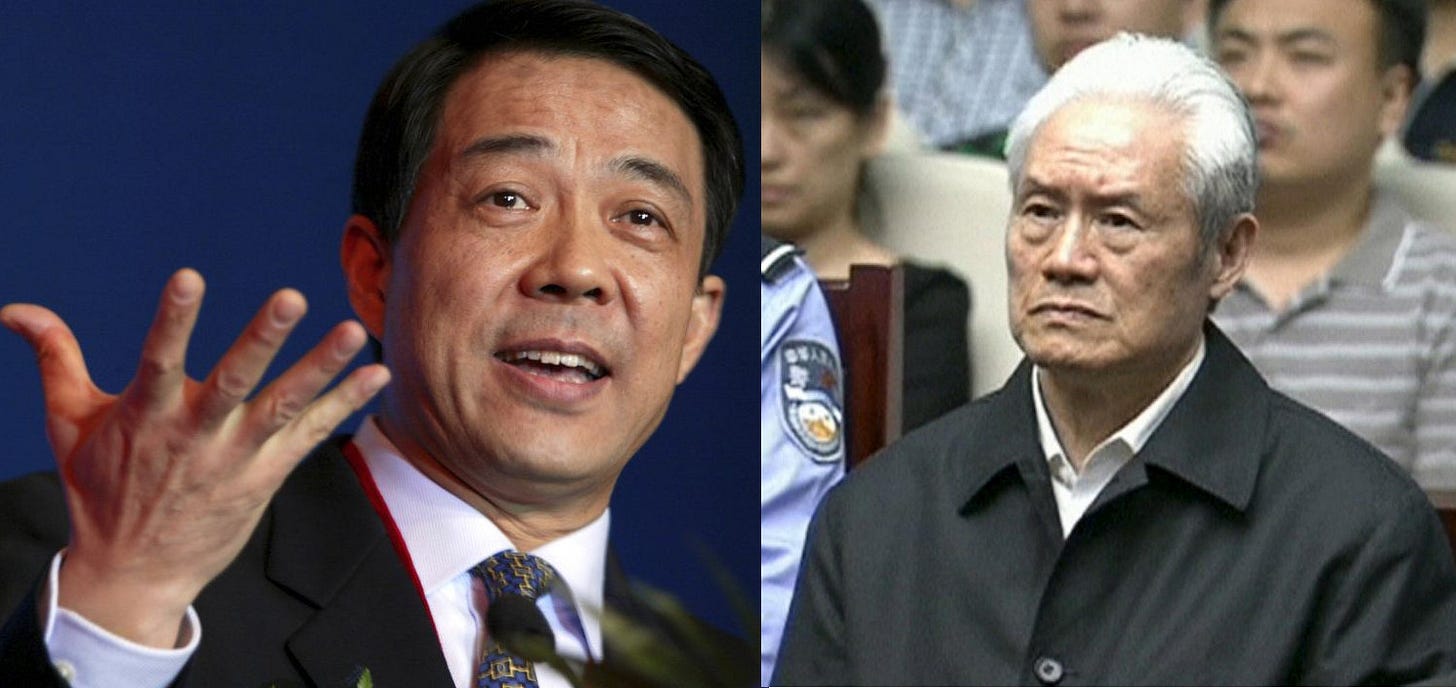Xi Sees Domestic Enemies Behind Hong Kong Protests
Bo Xilai, Zhou Yongkang directing protests from jail?

Chinese General Secretary Xi Jinping may be seeing the specter of his domestic political enemies in the widespread unrest that has gripped Hong Kong for months, according to China watchers. Rather than acknowledging that Hong Kong’s angry residents themselves resent the mainland's heavy-handed rule, Xi and his mandarins in Beijing appear to believe that…
Keep reading with a 7-day free trial
Subscribe to Asia Sentinel to keep reading this post and get 7 days of free access to the full post archives.
